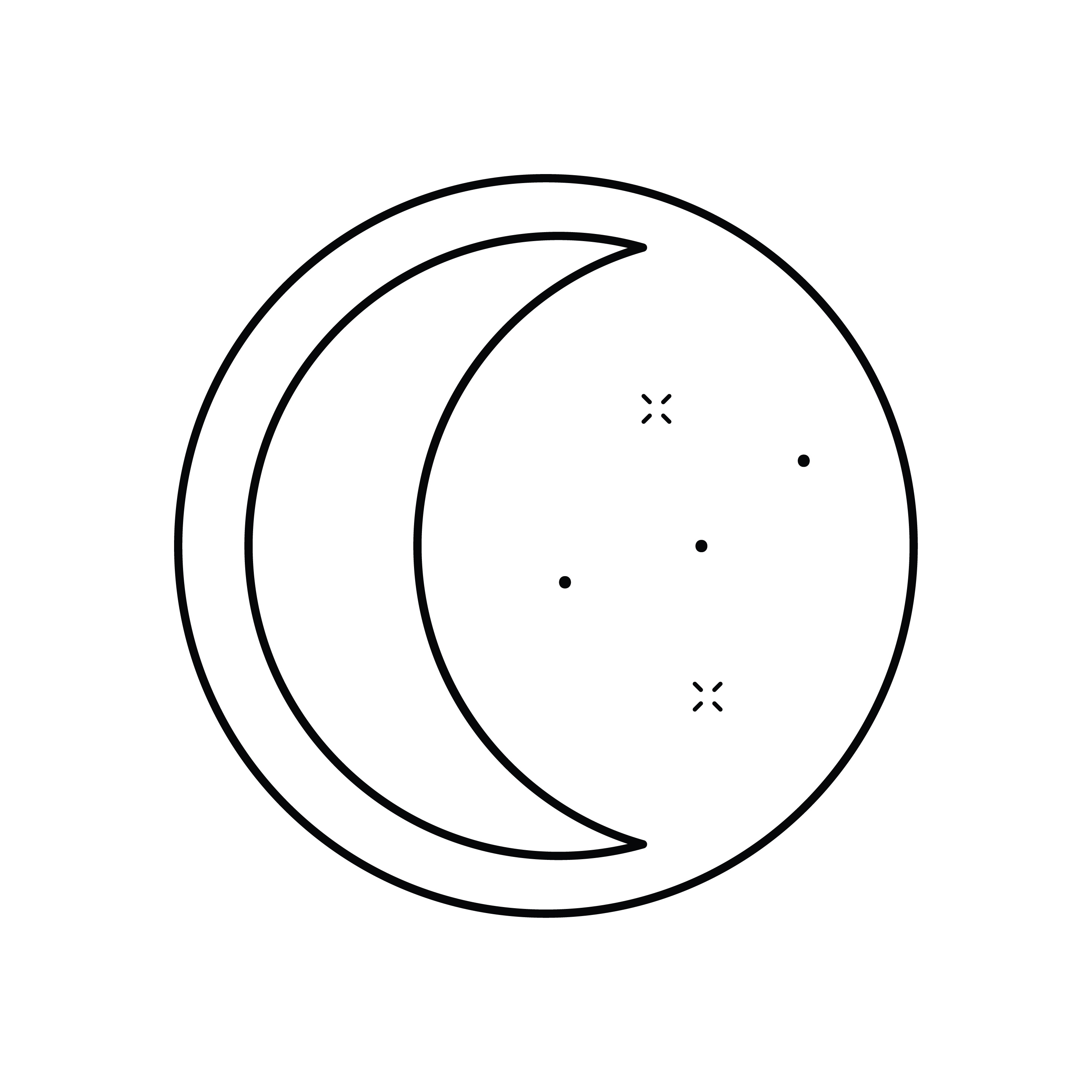
Original post from January 9, 2021
From the first two habits of separation, scarcity and judgment, comes the third habit: struggle.
Given scarcity, we must compete – that is, struggle – to win what we need. This is true whether the competition is for money or attention or time or the legitimacy to sing. Indeed, our society praises competition as the primary means of encouraging creativity and growth.
Given judgment, which presumes bad people, it is clear that we must fight. The primacy of struggle is reflected in the metaphor of war that is so common: war on poverty, war on Covid, war on hunger… The habit of seeing everything in terms of struggle and war is so ingrained in us that we have difficulty finding other words to describe an undertaking.
These habits of struggle are fairly well known, so I want to look at the habit of internal struggle. We believe that in order to live well we must fight procrastination, laziness, greed, and a multitude of mental and spiritual defects, which we perceive as our true character. We assume that humans cannot rely on the natural mechanism of pleasure and aversion that tells all other beings what to eat, how much to sleep, how to live. We experience ourselves as fundamentally flawed, and wage an endless struggle against ourselves.
We perceive the world, both internal and external, through the prism of mechanical physics, which says that the only way to move or change things is force. And force doesn’t work, we need more force. This assumption that only force makes things happen, leaves us in a constant, existential war, against ourselves, against those around us and against the world. Like the other habits of separation, if we look for it, we will see how prevalent the habit of struggle is in our lives, from the smallest details to the most significant issues. We might also notice how much the habit of struggle is derived from the basic sense that we are essentially separate, and it keeps us separate.
Here is the huge difference between an animistic world view and the mechanistic view of our culture. When we learn that both we and the world are good enough, when we learn that we can trust our nature, the basic goodness and intelligence of both us and the world, that we have allies and family, and not just rivals – the transformation of perspective and life experience is so comprehensive that it is difficult to describe.
As Charles Eisenstein explains, we are not the only creatures with a flaw in the sense of pleasure that motivates us to do what is good and healthy for us. We don’t really have to fight ourselves to do the right thing, just like a new grandmother doesn’t have to force herself to want to hold her grandchild. The problem is not that we are drawn to pleasure and tempted to excessive consumption, but that we mostly find inadequate substitutes. We have to dig deeper to find out what brings deep and true pleasure, happiness, and joy.
We are also not the only ones without an ecological niche, without a role to integrate with and contribute to the whole. Nor do we have to suffer or subdue ourselves to be there. On the contrary, there is nothing in the world more natural and enjoyable. We are not doomed to struggle against the world, but rather to cherish and treasure it.
